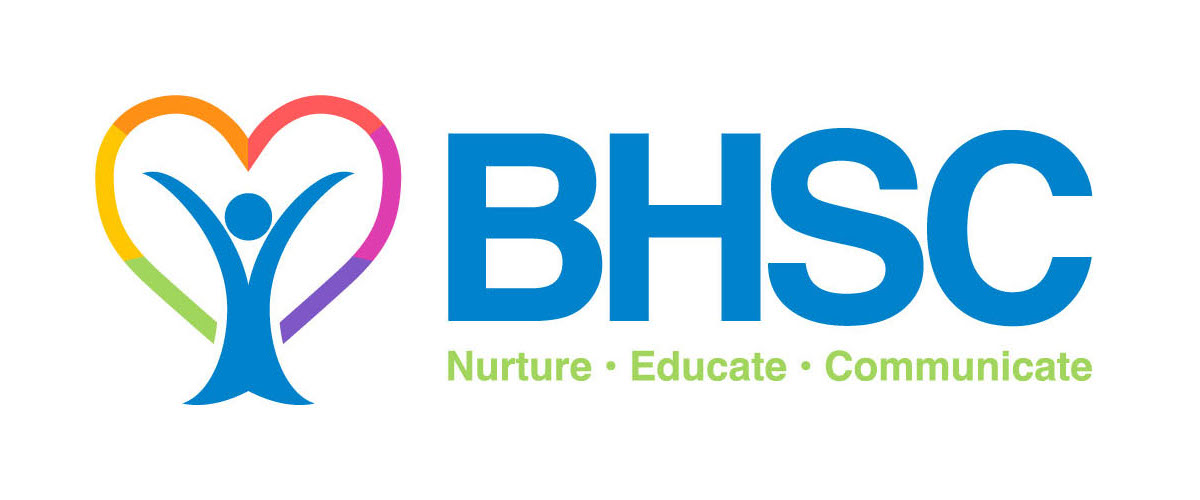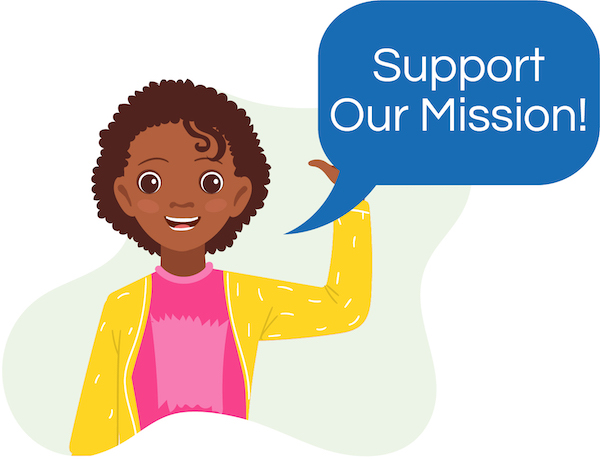Parenting challenges begin early and stay late. One very common challenge that every parent faces is how do I protect my children from all of the threats to them in the world, while equipping them with the skills to be independent, and make healthy, responsible choices?
I will always remember a moment when our daughter [17 years old], was going out on a formal dinner-date dance, and I was being a Dad and over setting limits and giving the talk about what to do and what not to do. She broke out crying and I was dumbfounded…applying all of my sharp therapist skills to the situation [which I had already blotched in some way] she shared with me a profound thought. She told me, Dad you and Mom have been preparing me to be responsible for 17 years and doing a great job, now that I am ready to go out and be responsible- you won’t let me.
WOW, a Ph.D. worth of graduate hours did not teach me that insightful lesson about my parenting challenge- my 17 year old did. Luckily, I am a quick study and negotiated more age appropriate expectations around her curfew and supervision. But that moment has stuck with me in understanding better the relationship between protecting our children and giving them the wings to let them go out on their own.
From an early age, a child’s search for independence is fueled by the desire to make things happen and to feel competent. A young child’s opinion about her capabilities is, to a large extent, based on her parent’s or caregiver’s response to her. As an adult, your role in fostering independence is to provide love and support, encourage exploration and curiosity, teach skills, and allow the child to make age-appropriate choices. Your enthusiasm for a child’s exploration sends a message that you value these activities.
Sometimes the desire to make things happen takes young children down paths that require limit setting, or they may become frustrated while trying to master a certain task. While it is appropriate to allow for small doses of frustration, caregivers should be prepared to step in to prevent overwhelming frustration, and to expect mistakes. The key is to provide an emotional safety net when trial and error results in more error than immediate success.
Like other developmental milestones for young children, successful accomplishment of self-care tasks is age-specific. An infant’s efforts to lift his head, roll over, or sit up are significant steps toward independence. Love, affection, and nurturing will help her reach that goal. Providing a safe physical and emotional environment is paramount once children are mobile. Curious and daring toddlers have little or no judgment concerning their safety, so it’s up to you to ensure that they can explore and experiment in safe surroundings.
Independence at this stage can be encouraged by giving the child small choices as a way to exercise a measure of control over his life. These choices might include which story to read, song to sing, or which shirt to wear. Preschoolers are verbally capable of expressing many thoughts, feelings and needs, and they are ready to take bigger steps toward independence. Encourage preschool children to do for themselves on a daily basis by allowing them to put away clothes and toys, for example. Establishing family chores–setting the table, folding towels, or helping with meal preparation–builds a sense of competence and teaches children how to do for others.
Be mindful that the pre-school child will be overly eager to be independent but lacks sufficient life experience to negotiate more difficult tasks and at times even routine tasks- this will require support and guidance. Also, at this stage some children do not yet have adequate self-regulation skills. For a child with regulation difficulties, attempts at more independent activity often result in quick frustration that can boil over into anger outbursts. This quick trigger frustration may be expressed physically with younger children.
This is a great stage to begin to teach your child about their emotions: how to label them; how to identify when they are coming; and how to appropriately manage the feeling without having a tantrum or acting out. The earlier we do this with our children- the better it is for them as they grow and develop. Once children reach first or second grade, they are more cognitively aware and more experience equipped to handle their emotions- and there are many natural opportunities to facilitate independence during these years and beyond as they grow and develop. Decisions about friends, school projects, and play are all a part of their daily life choices. Financial decision-making skills can be bolstered by giving older children responsibility with money, for example providing an allowance.
Although it is necessary to establish limits and maintain firm rules about important issues, it is equally important to honor children’s choices whenever possible. By showing your genuine enthusiasm and recognizing the many small tasks a young child accomplishes, you are helping her gain control over her world and preparing her for a healthy, independent life.
As children mature in their thinking and gain more life experience you can begin to let them negotiate life challenges more on their own. Your role as they reach later adolescence and early adulthood is more adaptable to taking on the role as their life coach- while always being their parent first and worrying about them as only parent can.
Remember, as you spend so much time in childhood and adolescence working on building that responsible adult…when the time comes to let them be responsible- be ready to move on to supporting your child in making that transition, while being there for them when they make their adult mistakes- be that they turn out successful, or sometimes not…you are always there for them!
Please feel free to comment or share and Be Well, joe cozzo
www.askbhsc.org




